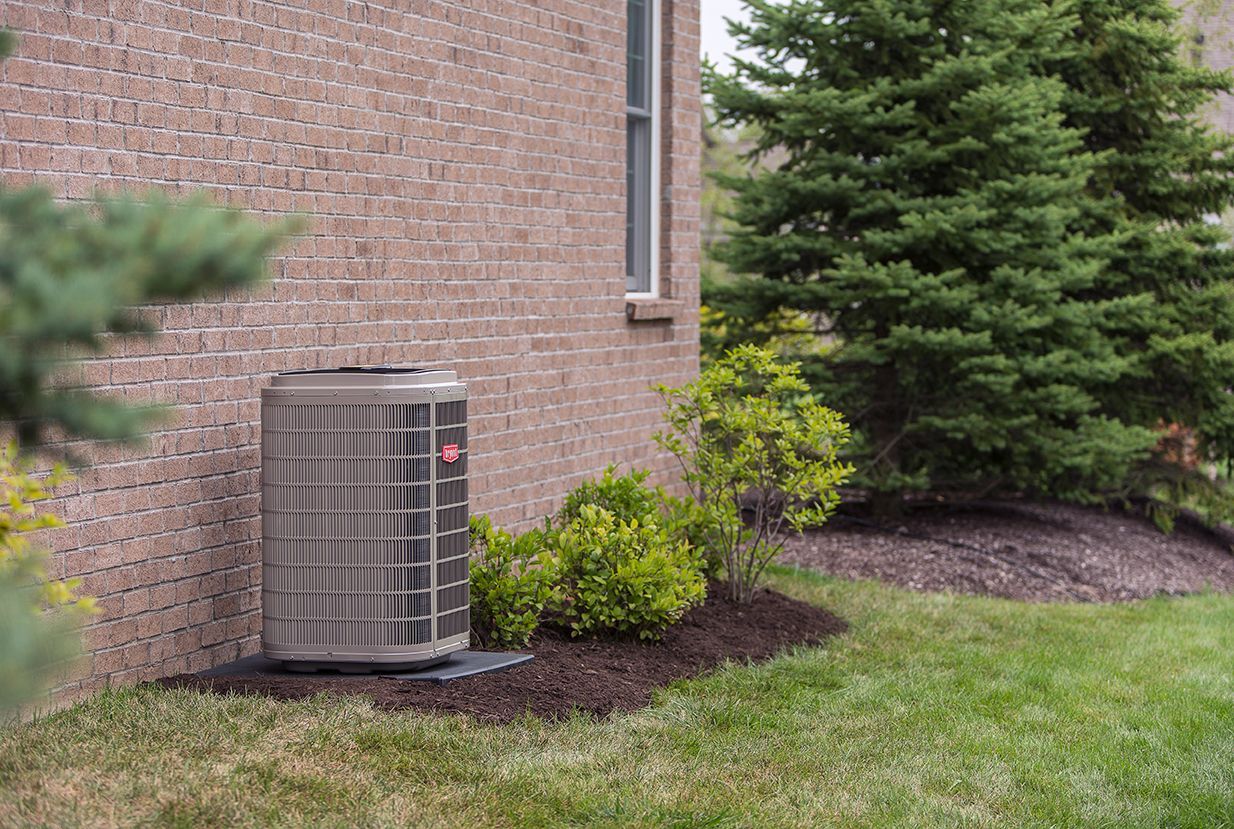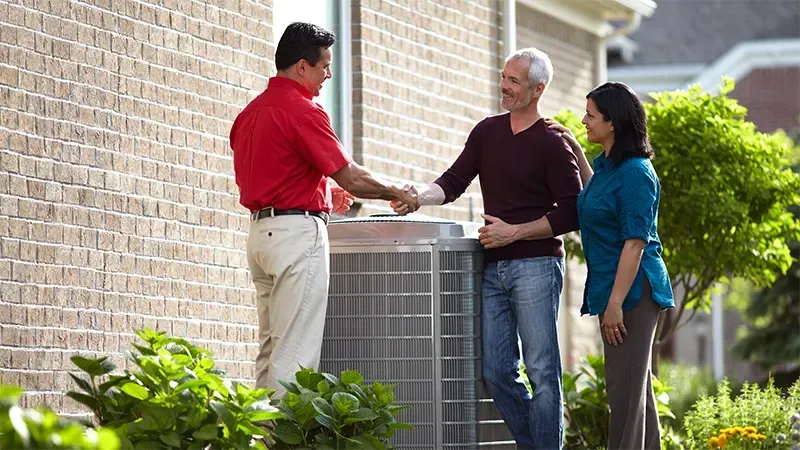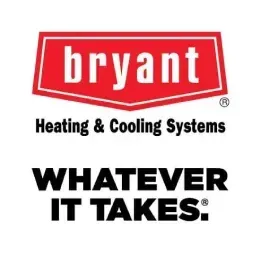Understanding How An Air Conditioner Works
A Simple guide to HVAC Fundamentals

Air conditioners are vital for maintaining home comfort, particularly in warm climates. Gaining insight into how an air conditioning (AC) unit operates can enhance your understanding of its functions, allowing for better maintenance and repair decisions. Here’s a straightforward overview of the fundamental workings of an air conditioner.
Basic Principles
Air conditioners function based on the principle of heat transfer. They remove heat from the indoor air and expel it outside, thereby cooling your living area. This process relies on a refrigerant, a specialized fluid that can easily transition between gas and liquid states, efficiently absorbing and releasing heat.
Key Components of an Air Conditioner
- Evaporator Coil: Situated indoors, this coil absorbs heat from the indoor air. As warm air flows over the evaporator coil, the refrigerant within absorbs the heat, transitioning from a liquid to a gas.
- Compressor: Located in the outdoor unit, the compressor pressurizes the refrigerant gas and transfers it to the condenser. This step is vital for increasing the refrigerant's temperature, enabling it to discharge heat.
- Condenser Coil: Also positioned outside, the condenser coil facilitates the release of absorbed heat from the refrigerant gas. As hot refrigerant gas moves through the coil, it cools and condenses back into a liquid state, aided by the operation of the condenser fan motor, which pulls air through the coil.
- Expansion Valve: This component regulates the refrigerant flow into the evaporator coil, lowering its pressure to allow for expansion and cooling before re-entering the evaporator.
- Blower Fan: The blower fan circulates indoor air over the evaporator coil, assisting in distributing the cooled air throughout the home.
The Cooling Cycle
- Air Absorption: Warm indoor air is drawn into the AC unit via return ducts.
- Heat Exchange: The air traverses the evaporator coil, where the refrigerant absorbs heat and cools the air.
- Air Distribution: The blower fan directs the cooled air back into the living area through supply ducts.
- Heat Release: The now gaseous refrigerant travels to the compressor, where it is pressurized and sent to the condenser coil, allowing it to release the absorbed heat outside.
- Cycle Continuation: The cooled refrigerant returns to the evaporator coil to repeat the cycle.
HVAC Maintenance Tips
- To ensure your air conditioning system operates optimally and lasts longer, regular maintenance is essential. Key practices include:
- Regularly replacing or cleaning air filters to maintain airflow and efficiency.
- Scheduling annual professional inspections and tune-ups to identify and address potential issues.
- Keeping the outdoor condenser unit free of debris to ensure proper airflow.
Choose A Superior Air Conditioning Company as Your Expert Local HVAC Choice
Understanding how your air conditioner operates can enhance your maintenance capabilities and ensure efficient performance. By familiarizing yourself with the key components and the cooling cycle, you can better appreciate your AC unit’s role in maintaining your home’s comfort. For repairs, maintenance, or upgrades, consult a professional HVAC technician to ensure optimal performance and comfort in your living space. Always check reviews and verify that the HVAC company you are working with is licensed with the state. Call our team today for your AC appointment.




